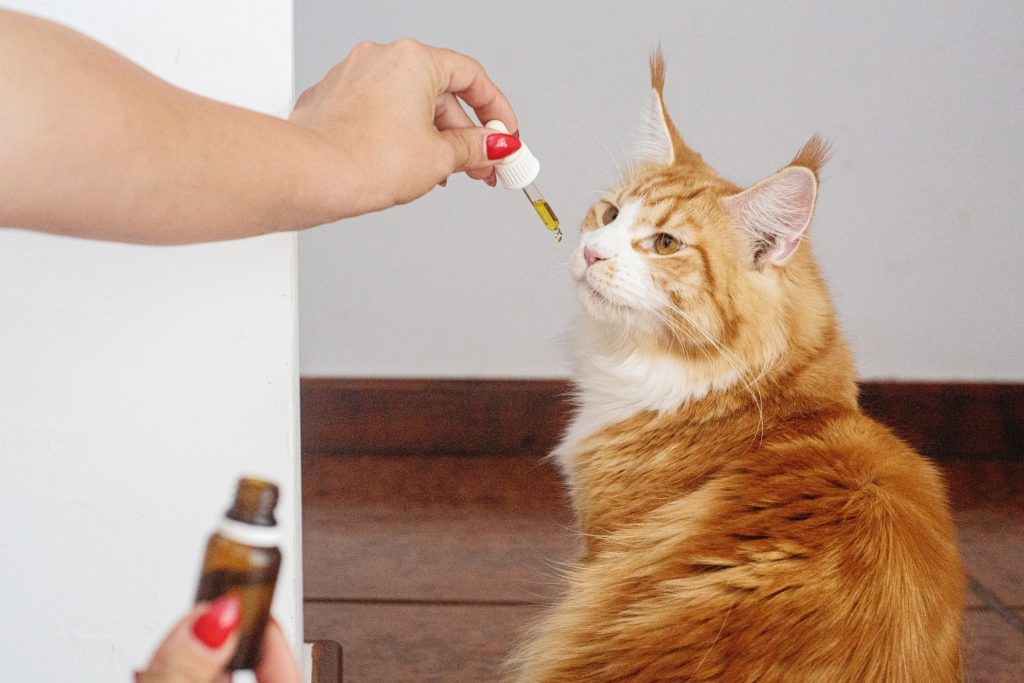VetStem 2021 Year in Review
Well, here we are again, at the end of yet another year. This will be our last blog of 2021 since the following two Fridays are a holiday. As we typically do at the end of the year, we wanted to share some highlights from our year. So, without further ado, here is VetStem’s 2021 Year in Review.
- We started out 2021 with a bang! In January, we announced that we successfully negotiated multiple royalty-bearing patent licensing deals. This means we came to an agreement with several human and veterinary companies to license our patented technology to them for use in their own business model. Read the story here.
- Shortly thereafter, our human stem cell company, Personalized Stem Cells (PSC), announced that all the data from their first FDA approved stem cell clinical trial for knee osteoarthritis was collected and submitted to the FDA for review. Later, we announced results of the clinical trial and they were very promising! Keep in mind, Personalized Stem Cells was formed based on VetStem’s 15+ years of stem cell data for veterinary patients.
- Our human company had more big news when the first patients were treated in the FDA approved COVID-19 stem cell clinical trial that PSC developed and licensed to Sorrento Therapeutics. Just three months later, PSC announced that enrollment was complete for the COVID-19 clinical trial and the preliminary safety and efficacy data was incredibly strong. The development and licensing of this clinical trial was a huge deal for us (both VetStem and PSC) as it brought in revenue and opened the door for potential new stem cell applications.
- In case you forgot, in late 2020, we launched a contract cell manufacturing business, Performance Cell Manufacturing (PCM). PCM did so well that the decision was made to separate VetStem and PCM, which allowed for a renewed core focus solely on the veterinary side of things.
- In August, the VetStem Sales and Marketing team attended our first in-person veterinary conference since February of 2020. The VETgirl conference was a fun, small show in Chicago. It was great to get in front of our colleagues again!

- The next month, in early September, we were back in Las Vegas for the annual Western Veterinary Conference (WVC). This is one of the biggest shows in the industry and we always enjoy meeting our current and potential future clients at this show.
- Just a few short weeks later, we were in Phoenix, AZ for the annual American Association of Feline Practitioners (AAFP) conference. We love this show because we get to talk all about cats. This year, VetStem was a bronze sponsor and our CEO, Dr. Harman, delivered an informative lecture about the various uses of VetStem Cell Therapy in cats. (As you may know, there are some exciting uses for VetStem Cell Therapy in felines. You can read about them here.)
- And to cap off the year, we were excited to announce that we were granted a new stem cell patent that covers treating veterinary and human patients with an adipose-derived stem cell preparation. This specific patent is key in that it broadens the coverage to any disease in any mammal that is treated using VetStem’s methods of preparing the adipose stem cell preparation.
So, there you have it. Another year in the books. It was an exciting year for us and, as always, we couldn’t do what we do without the support of our veterinary and pet owner clients. We hope that you and your loved ones have a wonderful holiday season, and we look forward to seeing you back here in 2022!


